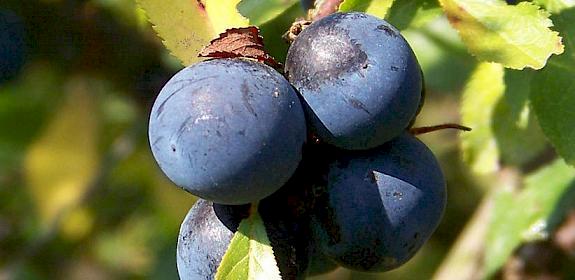World Species Day: global action to stop biodiversity loss
With one million species at risk of extinction, conservation experts and enthusiasts will join together, in a world-first global 24-hour live stream for the World Species Congress.
This great feat will host multiple discussion panels designed to create a ‘collision of ideas’ and to deliver The Biodiversity Plan.
Hosted by Reverse the Red – a coalition of organisations, groups, and agencies co-chaired by the IUCN Species Survival Commission and the World Association of Zoos and Aquariums – this meeting will bring together leading scientists, advocates, and partners committed to using a data-driven and science-based approach to assess, plan, and act for species conservation.
Learning from conservation successes for an array of species, combining conservation tools, and uniting partnerships from around the globe, this Congress strives to catalyse conservation efforts and support countries in delivering Convention of Biological Diversity targets.
 Wildlife use and trade are prominent in the biodiversity agenda, and The Biodiversity Plan includes targets related to wildlife trade. Target 5 aims for sustainability, legality and safety of wildlife harvest, use and trade, and Target 9 focuses on the use of wild species contributing multiple benefits to people.
Wildlife use and trade are prominent in the biodiversity agenda, and The Biodiversity Plan includes targets related to wildlife trade. Target 5 aims for sustainability, legality and safety of wildlife harvest, use and trade, and Target 9 focuses on the use of wild species contributing multiple benefits to people.
TRAFFIC’s Behaviour Change Programme Leader, Gayle Burgess, will moderate a session on Global Species Action Plan 4.6: Human Wildlife Conflict and Coexistence. James Stevens has recently transitioned from the IUCN SSC Human-Wildlife Conflict & Coexistence Specialist Group to TRAFFIC. James Stevens will join Gayle Burgess, representing the IUCN SCC group on behalf of its Chair.
Working with others like the IUCN SSC Human-Wildlife Conflict & Coexistence Specialist Group and organisations on the ground is invaluable to getting the balance right for humans and wildlife, to ensure that conflicts are mitigated and that it does not lead to illegal wildlife trade.
About Reverse the Red

Reverse the Red is a global movement that ignites strategic cooperation and action to ensure the survival of wild species and ecosystems and reverse the negative trend of biodiversity loss. Through a strategic initiative, Reverse the Red brings together a diverse coalition of leading scientists, advocates, and partners committed to using a data-driven and science-based approach to assess, plan, and act for species conservation. Reverse the Red provides the tools and expertise to empower governments, partners and local communities to set and reach species conservation targets and celebrates and amplifies successful achievements for species. www.reversethered.org
About the Convention on Biological Diversity

The Convention on Biological Diversity (CBD) is an international treaty for the conservation of biodiversity, the sustainable use of the components of biodiversity and the equitable sharing of the benefits derived from the use of genetic resources.
The Convention seeks to address all threats to biodiversity and ecosystem services, including threats from climate change, through scientific assessments, the development of tools, incentives and processes, the transfer of technologies and good practices and the full and active involvement of relevant stakeholders including indigenous and local communities, youth, non-governmental organizations, women and the business community.
The Cartagena Protocol on Biosafety is a subsidiary agreement to the Convention seeking to protect biological diversity from the potential risks posed by living modified organisms resulting from modern biotechnology. To date, 160 countries plus the European Union have ratified the Cartagena Protocol. The Secretariat of the Convention and its Cartagena Protocol is located in Montreal. For more information visit www.cbd.int





